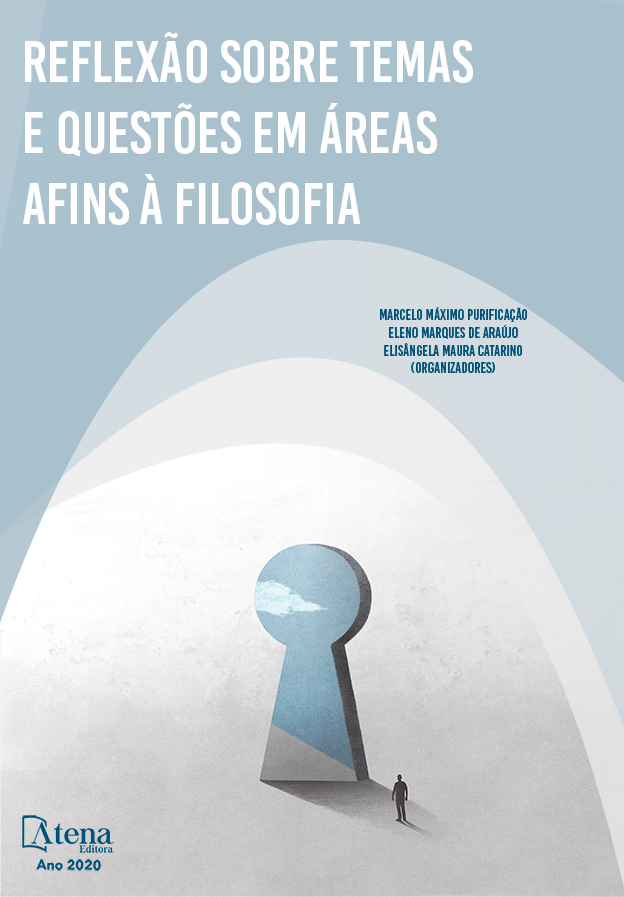
A CRISE DA VERDADE NA NEGAÇÃO DE OUTREM: TESE E ANTÍTESE NOS ARGUMENTOS ARISTOTÉLICOS DA ESCRAVIDÃO NATURAL, E SEUS POSSÍVEIS RESQUÍCIOS NA ATUAL DEMOCRACIA
Com Aristóteles, na Grécia antiga, inicia-se a reflexão sobre a escravidão como direito natural. Ao longo da história, muitos autores continuaram refletindo a escravidão como fenômeno natural e necessário. Com isso, dar-se-á a negação total de outrem no processo de escravização, que constrói-se no não reconhecimento do “ escravo” enquanto sujeito epistêmico da situação em que se encontra. O processo dialético que emerge dos discursos sobre legitimação ou não da escravidão, fez com que vários argumentos fossem favoráveis ou contrários à escravidão. Uma antítese ao argumento aristotélico é evidente no discurso de Francisco de Vitória. Assim, por meio de revisão bibliográfica, voltada mais ao escopo da história e da própria filosofia, sendo que ambas se complementam no pensar a escravidão- não como muito se tem feito, de refletir sobre dado assunto apenas pela ótica do colonizador- mas, dando voz ao colonizado, problematizando o que já fora escrito e relatado pela história, e que ainda é reproduzido no contexto democrático atual.
A CRISE DA VERDADE NA NEGAÇÃO DE OUTREM: TESE E ANTÍTESE NOS ARGUMENTOS ARISTOTÉLICOS DA ESCRAVIDÃO NATURAL, E SEUS POSSÍVEIS RESQUÍCIOS NA ATUAL DEMOCRACIA
-
DOI: 10.22533/at.ed.9032016092
-
Palavras-chave: Aristóteles. Outrem. Escravidão. Verdade, Democracia
-
Keywords: Aristotle. Others. Slavery. Truth, Democracy.
-
Abstract:
With Aristotle, in ancient Greece, the reflection on slavery as a natural right begins. Throughout history, many authors have continued to reflect on slavery as a natural and necessary phenomenon. As a result, there will be a total denial of others in the process of enslavement, which is built on the non-recognition of the “slave” as an epistemic subject of the situation in which he finds himself. The dialectical process that emerges from the speeches on whether or not legitimacy of slavery has made several arguments in favor or against slavery. An antithesis to the Aristotelian argument is evident in the speech of Francisco de Vitória. Thus, through bibliographic review, more focused on the scope of history and philosophy itself, both of which complement each other in thinking about slavery - not as much has been done, to reflect on a given subject only from the perspective of the colonizer - but, giving voice to the colonized, problematizing what had already been written and reported by history, and which is still reproduced in the current democratic context.
-
Número de páginas: 13
- Wanderson Carlos Lisboa Maia


